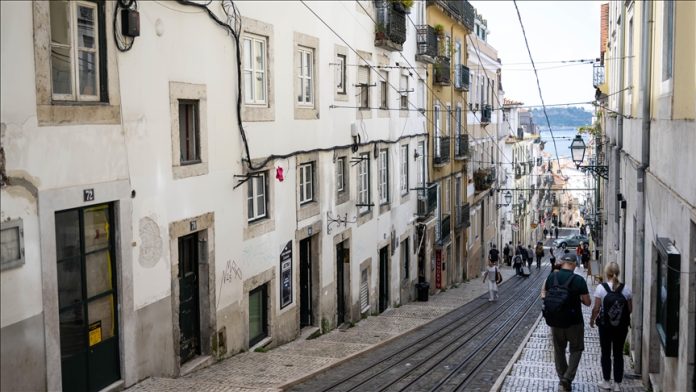The Portuguese government announced on Wednesday plans to increase the minimum period of residence in the country required to obtain citizenship. Instead of five years, most foreigners will have to live in the country for ten years to be eligible to apply for naturalisation.
Government spokesman António Leitão Amaro said that other immigration provisions are also under review, including rules on obtaining residence permits for family members of legal migrants. The authorities also plan to introduce the possibility of revoking citizenship for naturalised persons convicted of serious crimes.
Portugal, with a population of around 10.5 million, has seen a significant increase in immigration in recent years. The heated debate on citizenship has become one of the central issues in the parliamentary elections, in which the Chega party emerged as the leader of the opposition. The new bill is expected to receive its support in parliament.
“We will significantly tighten citizenship and naturalisation requirements as part of the course outlined in the government programme,” Amaro said. According to him, the new rules will apply to most foreigners, but for citizens of Portuguese-speaking countries (such as Brazil, Angola and Mozambique), the minimum residence period will be seven years.
Currently, to obtain Portuguese citizenship, one must live in the country for at least five years, speak Portuguese, have no criminal record for more than three years and not pose a threat to national security. Under the new requirements, applicants will also have to demonstrate knowledge of Portuguese culture, understanding of civil rights and responsibilities, support for democratic values, and no history of imprisonment.
In 2023, 141,300 people obtained Portuguese citizenship, 20% less than in 2022. At the same time, the authorities reported that over 400,000 applications were being processed at the beginning of 2024. According to the migration agency AIMA, at the end of 2024, there were more than 1.5 million legal migrants living in the country, including over 450,000 Brazilian citizens.
